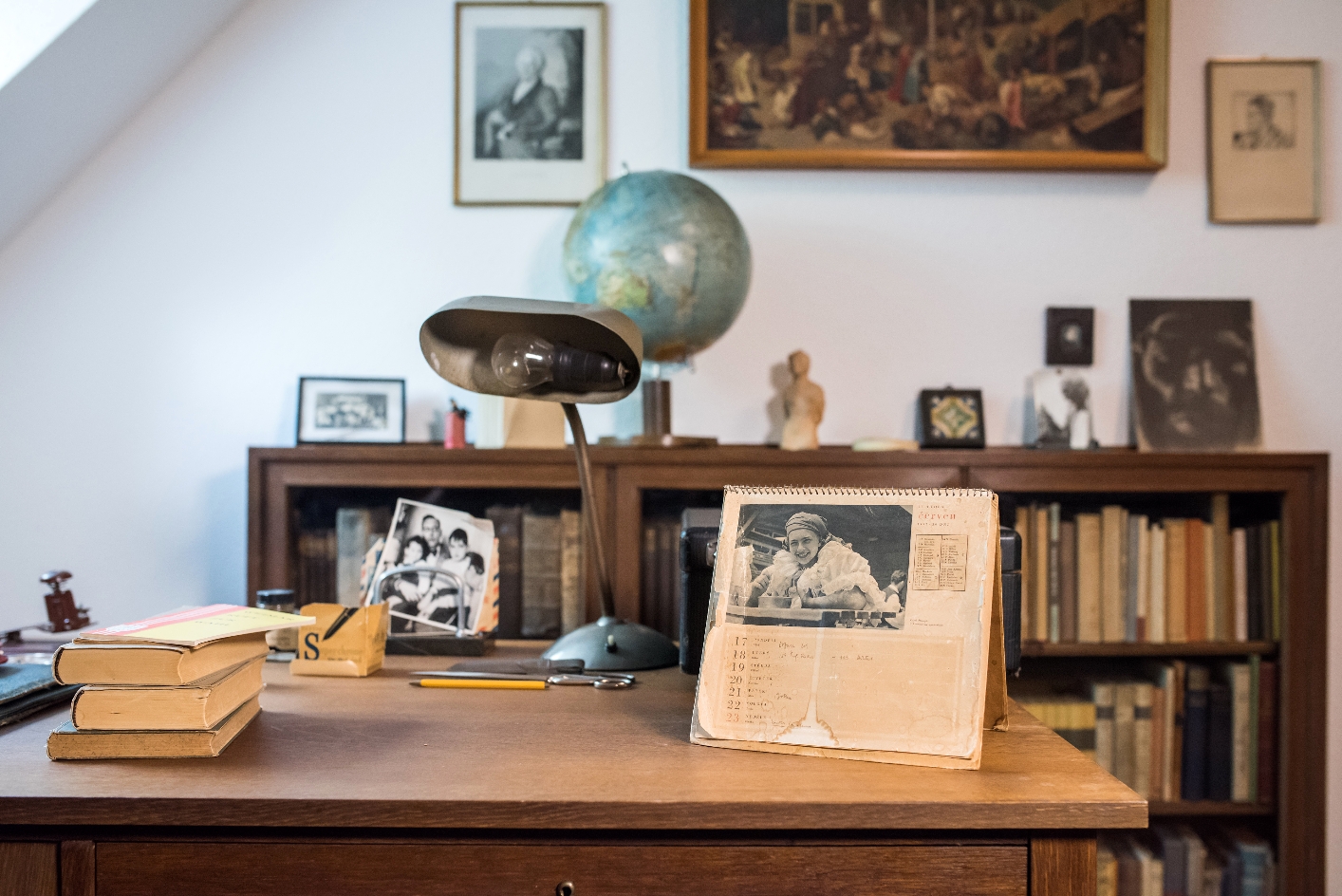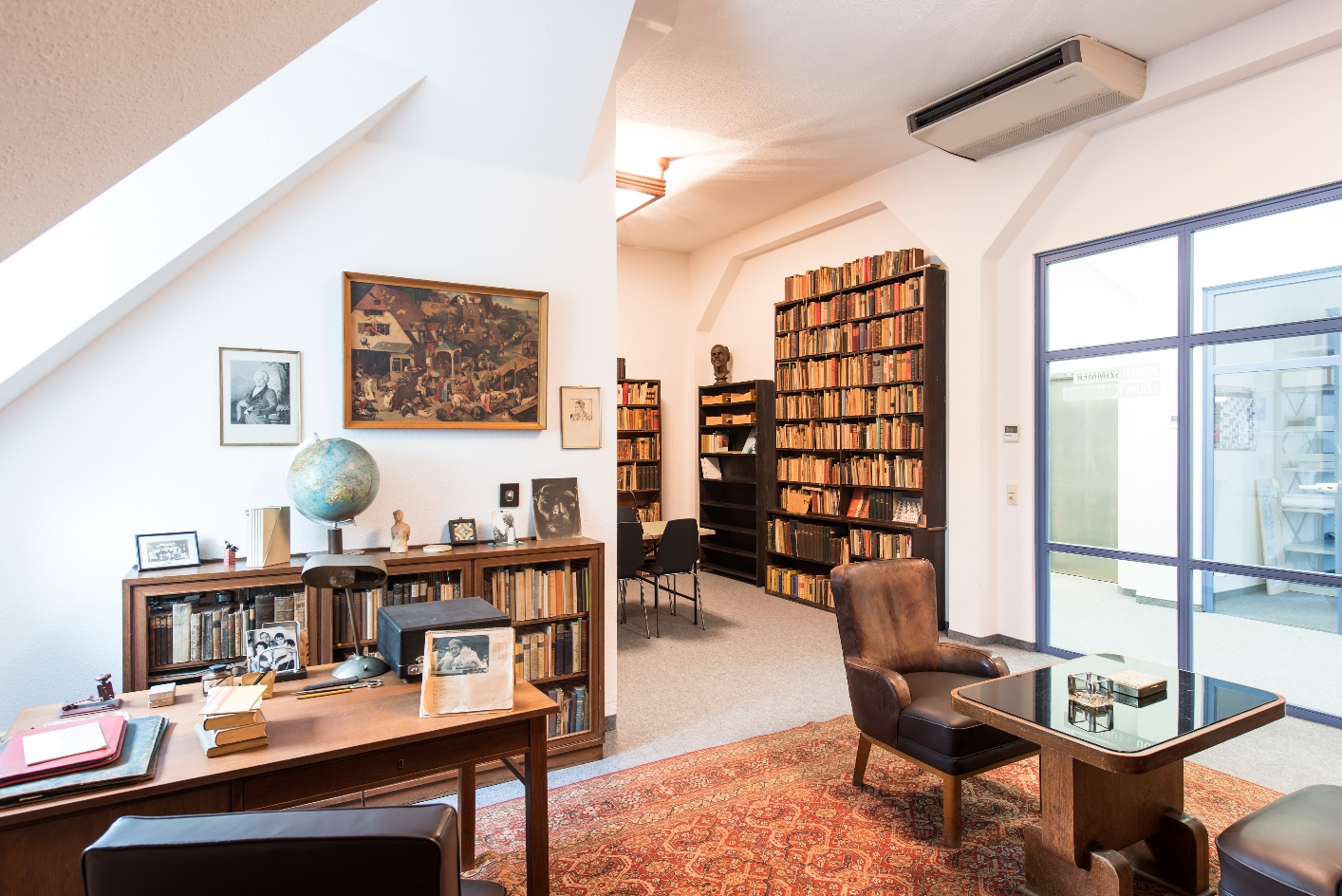


His life epitomises the extreme nature of the 20th century like few others: the son of an impoverished Jewish small businessman, Louis Fürnberg (1909–1957) grew up in Karlsbad, Bohemia. At the age of 19, he joined the Communist Party (KP), wrote poems and songs for political cabaret groups in the Sudetenland, and worked as an author and editor for left-wing newspapers. After the German invasion of Prague in 1939, he was arrested and tortured. He was able to go into exile with his wife Lotte Fürnberg, and via Rome and Belgrade they ended up in Palestine. All of Louis Fürnberg's remaining family members were murdered in Theresienstadt, Majdanek and Auschwitz, his brother Walter in 1942 in the Buchenwald concentration camp.
After spending time in the British refugee camp El Shatt (Egypt), Louis Fürnberg returned to Prague with his family in 1946 and worked as a correspondent for communist newspapers. In 1949, he became the cultural attaché of Czechoslovakia in East Berlin. In the atmosphere of Stalinism, the Jewish cosmopolitan was met with suspicion in his homeland. In response, Louis Fürnberg wrote the ‘Song of the Party’ for the Communist Party of Czechoslovakia, which later became the anthem of the SED. In December 1952, he was dismissed in the course of the Stalinist anti-Semitic ‘purges’. Friends of his were sentenced to death in the Slánský trial. He himself was able to move to Weimar. Here, in addition to his writing, Louis Fürnberg worked as deputy director of the National Research and Memorial Sites for Classical German Literature until his early death.
His library and study were reconstructed based on the original. Since the 60th anniversary of the poet's death on 23 June 2017, it can be used for educational purposes. Louis Fürnberg's literary estate is located at the Academy of Arts in Berlin.
Visits are only possible by appointment.

